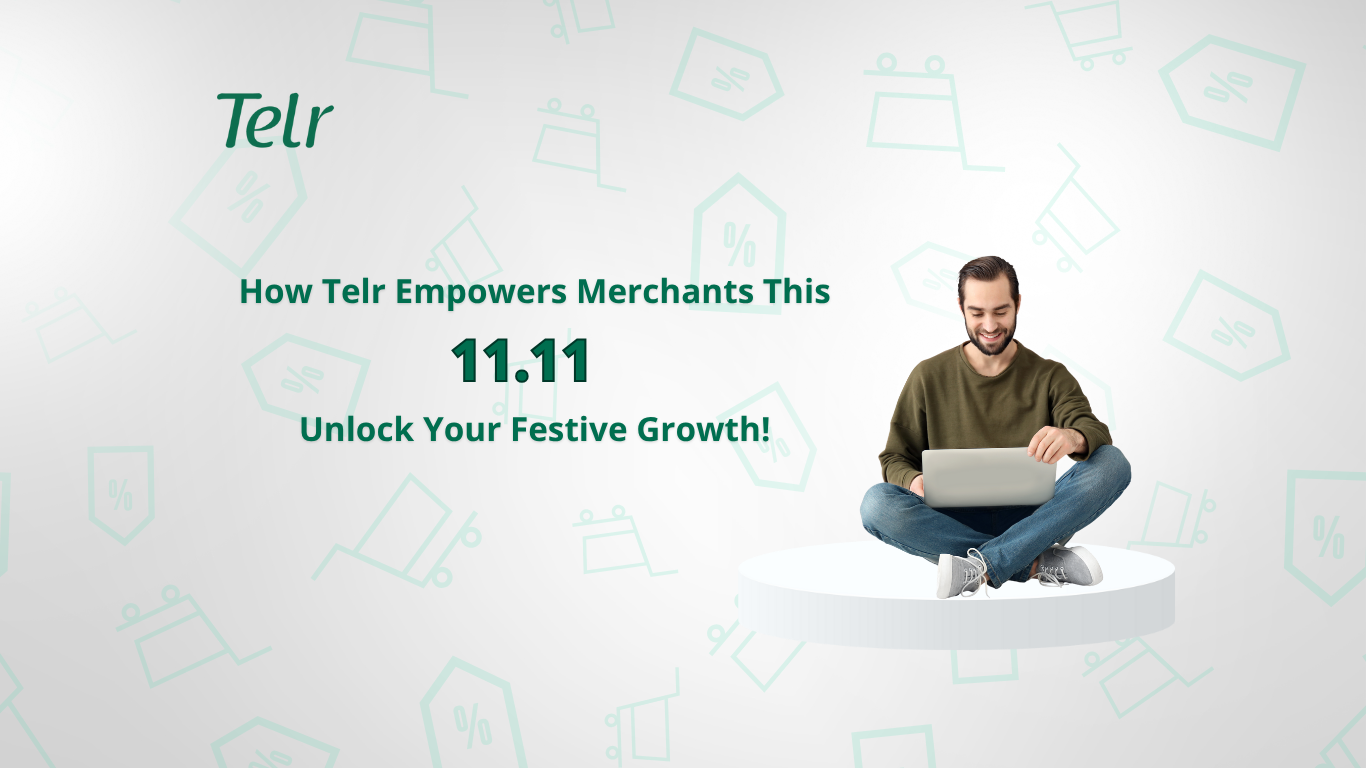
Imagining a future where you can easily pay for products and services with your mobile phone is both exciting and hopeful.
Entrepreneurs have long anticipated a major social shift, driven by the rise of cryptocurrency and mobile payment solutions, as governments aim to expand these technologies. Non-cash payment and remittance methods are growing rapidly as businesses strive for greater efficiency and improved customer convenience. A survey by Ubamarket reveals that 41% of customers expect all financial transactions to be handled via mobile wallets within the next five years. Digital commerce and cashless payment methods are a key focus of Emirates Vision 2020. The push for digital transformation in government services, including non-cash financial transactions, promotes the adoption and use of digital payment channels among customers.
The most prominent benefits of non-cash payment systems are reflected in the following points:
Speed
Non-cash transactions are fast to complete, with non-cash transactions taking an average period of one to several seconds compared to 6-7 seconds of financial payment transactions.
Security
A trader who uses non-cash payment methods can protect his working capital by avoiding the risk of losing or stealing his cash, while customers benefit from the protection provided by security benefits on their devices, as well as protection provided by the payment portal used.
Convenience
Customers will no longer need to locate ATMs or carry large amounts of cash. They won't have to wait in long lines at banks or POS terminals, thanks to the wide range of available payment channels. For merchants, the operational hassles of handling cash are replaced by seamless, real-time cash flow.
The advantages of non-cash transactions extend across various sectors, and the technological advancements in this field are benefiting the country’s economy. In the education sector, for instance, payment methods can be challenging for fee payers, especially in a country where annual fees can exceed AED 100,000. Transitioning to non-cash transactions will not only streamline administrative processes for schools but also offer convenient payment options for fee payers and enable real-time transactions. This ultimately reduces the time school staff spend managing late payments from parents.
Studies in retail indicate an increase in sales when customers are allowed to pay using a stored value card. this is because people give up small purchases when they don’t carry a lot of money with them. in contrast, carrying a stored value card allows you to buy snacks and other small purchases.
Consumer comfort is central to non-cash transactions. As people increasingly rely on non-cash payment methods for their safety and convenience, companies have a significant opportunity to improve their services by offering flexible non-cash payment options.
Recent Posts

10 Secrets Top Merchants Use to Win Ramadan & Eid from Telr

.png)


.png)
.png)








